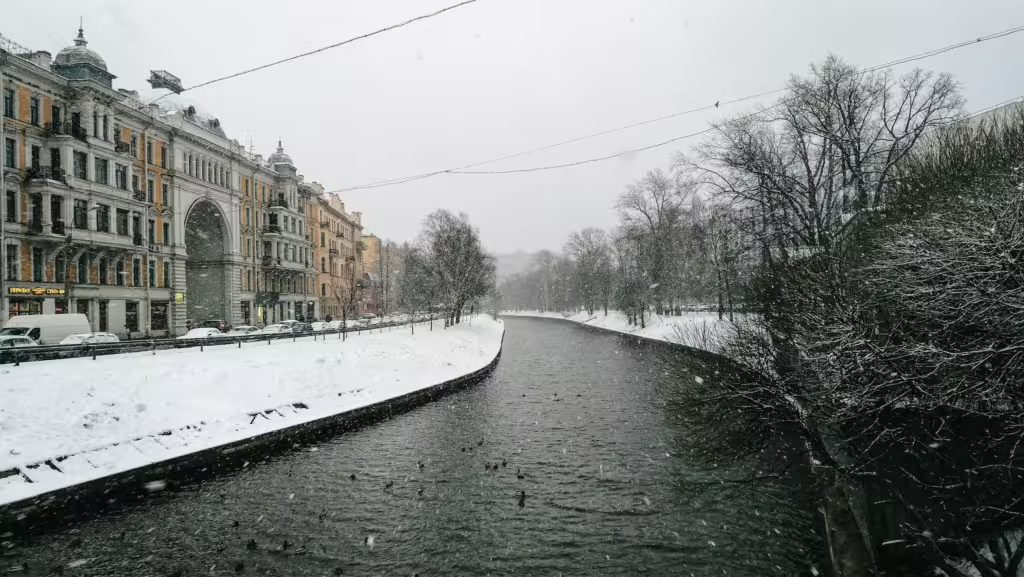Trees are enjoying something of a vogue among climate alarmists. As we’ve noted recently, they’re supposedly all dying. For instance “Trees are dying much faster in northern Australia — climate change is probably to blame”. And if we plant more they will catch fire and defeat the purpose. It’s not obvious on what cue the chorus switches seamlessly from polar bears to corals to trees and back, though it is clear that if some ordinary but dramatic event occurs such as a wildfire then the alarmists all swoop in to tell us it’s proof of man-made climate breakdown. Back in 2016 it was Canada’s Fort McMurray wildfire, and then in 2021 the BC fires unless it was 2018. So what wooden-head claims we’re having no more forest fires than in 1870? Why, it’s the federal Department of Natural Resources.
Awkward, isn’t it? Especially as, Blacklock’s Reporter further notes, “Cabinet has blamed wildfires on climate change.” Which to give it credit for bureaucratic slipperiness the Department, headed by a former Minister of the Environment, sort of tried to do as well. “The decline in fire frequency is due to a decline in human-caused ignitions,” its study “The State Of Northwest Territories Forests In The Wake Of Climate Change: Baseline Conditions” said, but still “The current rate of burning is still lower than historic levels.”
Obviously climate change is worse than the worst thing ever and you’d better say so if you work for that Department and they know it. Thus the report starts by emitting this cloud of smoke:
“The climate in Canada’s north has changed over the past 70 years. Indeed, mean annual temperature in the Northwest Territories has increased by 2°C to 4°C since record keeping began in 1950. Annual precipitation amounts and patterns have also changed during this period. These and other changes have already noticeably affected the appearance and function of northern forested ecosystems and will continue to do so into the future.”
And you know the last bit because?
Silly question. “Climate change is having noticeable effects in northern Canada, which is warming at a rate up to four times the global average.” Forget double. That’s for losers. And so we establish the truth before messing about with facts. Like:
“The southern part of the Northwest Territories has a historical fire return interval of 50–100 years, but from the mid-19th century to the second half of the 20th century, the time between fires increased to 300 years, primarily because there were fewer anthropogenic fires. Between 1986 and 2018, 0.5% of the Taiga Plains ecoregion burned annually, for a fire return interval of 200 years; however, burning rates varied substantially across the territory.”
So there you have a lot of natural variability. Then man set the place alight metaphorically, having ceased to do so literally, and… and… um…. Once it gets from the Abstract through the Executive Summary to the Introduction, you get more acknowledgement of the complexity of the subject matter and the uncertainty of the data although obviously “The effects on forests [of the runaway warming] include permafrost thaw and subsequent tree loss due to soil saturation and instability, increasing numbers and extent of severe wildfires, the occurrence of insect and disease outbreaks farther north than ever previously recorded, and the northerly spread of tree, shrub, and wildlife species…” blah blah blah. You have to persist to page 57 to be told that despite more fire suppression and fewer anthropogenic fires (now down to about 54% from 95%) “the current rate of burning is still lower than historical levels”.
As Blacklock’s notes, “The latest study follows Department of Environment claims that climate change was to blame for the worst forest fires in Canadian history. The findings cited in a 2018 report were based on climate modeling and data on fires that occurred after 1950.” Because it seems that as so often, if you take the long view, natural variability dominates even if only man is vile.



"It’s not obvious on what cue the chorus switches seamlessly from polar bears to corals to trees and back..."
Stop peddling in conspiracy theories already!